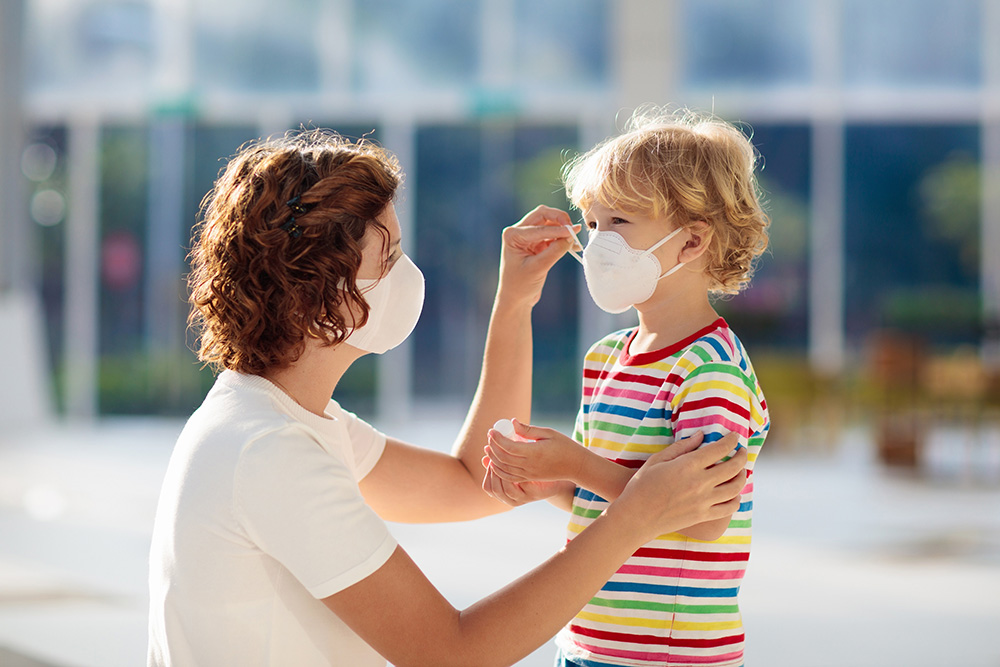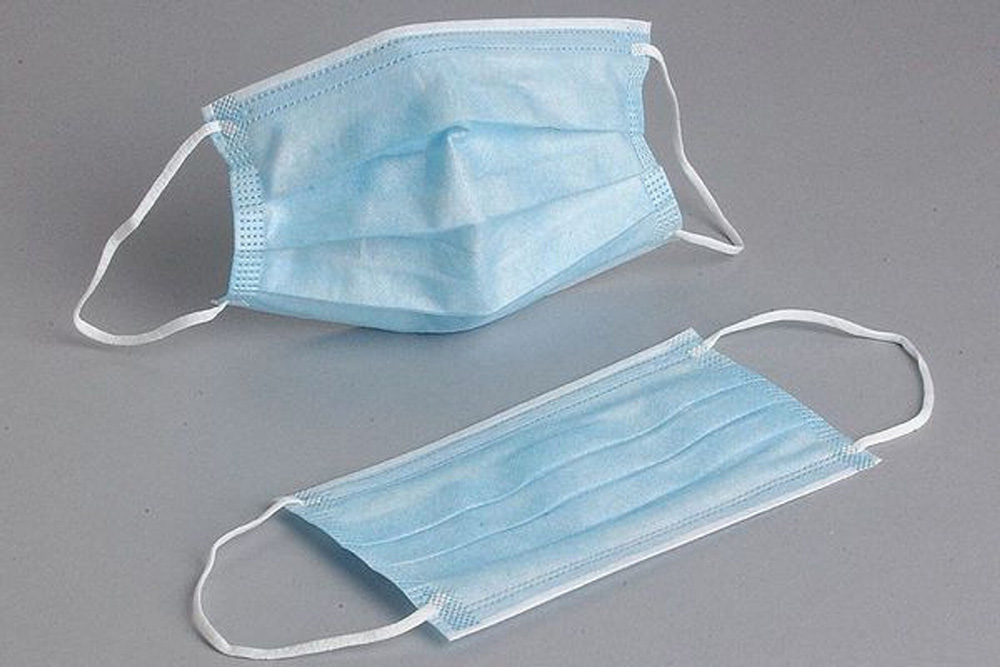Every day there is more evidence available that validates the fact that facial coverings help prevent COVID-19 transmission — even if an infected wearer is in close contact with others. Because of this, Face Masks are emerging as one of the most powerful weapons to fight the novel coronavirus, and as different states reopen from stay-at-home orders, many are now requiring people to wear them in most public spaces to reduce the spread.
Both the Centers for Disease Control and Prevention (CDC) and the World Health Organization now recommend face masks for the general public, but earlier in the pandemic, both organizations recommended just the opposite. These shifting guidelines may have sowed confusion among the public about the utility of masks.
But health experts say the evidence is clear that masks can help prevent the spread of COVID-19 and that the more people wearing masks, the better. Robert Redfield, director of the CDC, said he believes the pandemic could be brought under control over the next four to eight weeks if “we could get everybody to wear a mask right now.” His comments, made with the Journal of the American Medical Association, followed an editorial he and others wrote there emphasizing “ample evidence” of asymptomatic spread and highlighting new studies showing how masks help reduce transmission.
The research Dr. Redfield cited included a newly published study suggesting that universal use of surgical masks helped reduce rates of confirmed COVID-19 infections among healthcare workers at the Mass General Brigham health-care system in Massachusetts. These comments are the clearest message yet from the CDC, amid a fierce debate over facial coverings, fueled initially by shifting messages from federal and global officials about their necessity.
 ltr”>In the other hand, researchers from around the world have found wearing even a basic cloth face covering is more effective in reducing the spread of COVID-19 than wearing nothing at all. And many are now examining the possibility that masks might offer some personal protection from the virus, despite initial thinking that they mostly protect others.
ltr”>In the other hand, researchers from around the world have found wearing even a basic cloth face covering is more effective in reducing the spread of COVID-19 than wearing nothing at all. And many are now examining the possibility that masks might offer some personal protection from the virus, despite initial thinking that they mostly protect others.
According to a review of viral literature and COVID-19 epidemiology by Monica Gandhi, a professor of medicine at the University of California San Francisco, the amount of virus exposure might influence degree of sickness. She and her co-authors posit in the research that masks provide an important barrier and could lead to a milder infection or even prevent one altogether. While cloth and surgical masks can widely vary, she believes some masks can likely filter out a majority of large viral droplets.
Researchers are hopeful that more evidence about the personal protection masks could lead to more use in the coming weeks. The CDC said the use of cloth face coverings while in public in the U.S. increased to 76.4% in mid-May, compared with 61.9% in April, according to internet surveys sent to roughly 500 adults each month.
Some Americans who have resisted wearing masks have cited health concerns. However, leading medical groups said in a joint statement Thursday, “Individuals with normal lungs, and even many individuals with underlying chronic lung disease, should be able to wear a non-N95 facial covering without affecting their oxygen or carbon-dioxide levels.” Exemptions should be at the discretion of a physician, the groups said.
Researchers say the benefits of widespread mask use were recently seen in a Missouri hair salon, where two stylists directly served 139 clients in May before testing positive for COVID-19. According to a recent report published by the CDC, both wore either double-layered cotton or surgical mask, and nearly all clients who were interviewed reported wearing masks the entire time. After contact tracing and two weeks of follow-up, no COVID-19 symptoms were identified among the 139 clients or their secondary contacts, the report found. Of the 67 who were willing to be tested, all were negative for COVID-19.
According to recent projections from the University of Washington’s Institute for Health Metrics and Evaluation, the COVID-19 death toll in the U.S. would rise to more than 224,000 by Nov. 1 if quarantine mandates will continue to be eased until rising cases prompt shutdowns again in some places. Yet, if 95% of the U.S. population began wearing masks, the expected death toll would drop by more than 40,000 cases to about 183,000 people, according to IHME.
Working Hard to Alleviate the Shortage of Medical Face Masks
At We Shield we are currently sourcing and distributing the highest-quality PPE throughout the U.S. at a competitive price and time, we import our safety supplies via private cargo planes multiple times a week and have the experience, certifications, and connections to expedite the process and make it as affordable as possible to support the immediate safety goals of our clients.
